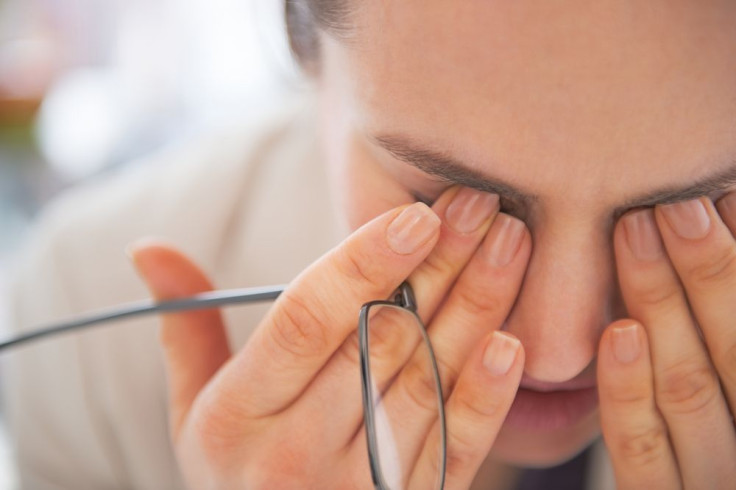Why Is Fatigue A Symptom Of Depression And Anxiety? The Science-Backed Answer


This question originally appeared on Quora. Answer by Will Wister.
How do you become depressed? What are the steps involved? First, a problem presents itself in your life, whether it's real or imagined. Your body in response to that problem produces stress hormones. Stress hormones cause your brain to work overtime on the problem at hand. That's fine at first, but your brain can only take so much of stress. Once your brain is exhausted from repeated instances of stress, you can experience depression. Various types of stress are linked to depression:
- Even positive events, such as getting married or beginning a new job, can be stressful and may lead to an episode of major depression.
- Stress -- whether chronic, such as taking care of a parent with Alzheimer's, or acute, such as losing a job or the death of a loved one -- can lead to major depression in susceptible people. Both types of stress lead to overactivity of the body's stress-response mechanism.
- Sustained or chronic stress, in particular, leads to elevated hormones such as cortisol, the "stress hormone," and reduced serotonin and other neurotransmitters in the brain, including dopamine, which has been linked to depression.[1]
You can actually model this stress by looking at rats:
- Rats repeatedly exposed to the stress hormone corticosterone show more depression-like behavior and greater signs of anxiety.
- Kalynchuk cites evidence that repeated stress in lab animals reduces neurogenesis--the birth of new brain cells--in the hippocampus, leading to depressive symptoms. She notes, though: "It's not clear whether a decrease in neurogenesis can cause depression or is a by-product of depression.
- Minor postulates that chronic stress hormone trips a neurological circuit breaker by causing receptors in the hippocampus and amygdala to block glucose intake, sparing these regions from neurotoxic overexcitement.
- "Stress is when you're anxious and fatigued," says Minor. "Anxiety causes energy production, but in fatigue your energy is down, a compensatory shift." [2]
As the excerpts say, depression is a compensatory mechanism to handle repeated bouts of stress - stress in the sense of stress hormones being produced in response to problems or perceived problems in your life. Fatigue is part of that compensatory mechanism.
Whatever is bothering you or has been stressing you out, depression tells you that you need to take a break from fighting it. You need to relax to compensate for your prior period of stress. You need to rest. You need to get sad as the likelihood of a successful battle vs. the problem in your life has decreased. You may also need to get numb or lose interest in things in general[3] - which is also your body's way of telling you to focus less energy on whatever is bothering you so that you can take a break and regroup.
When you begin to think of depression as your body taking a break from fighting problems with which it's so far been unsuccessful, it makes sense that things like sadness, numbness and fatigue are symptoms.
[1] http://www.webmd.com/depression/... [2] http://www.apa.org/monitor/jan05... [3] http://www.webmd.com/depression/...
More from Quora
Published by Medicaldaily.com



























